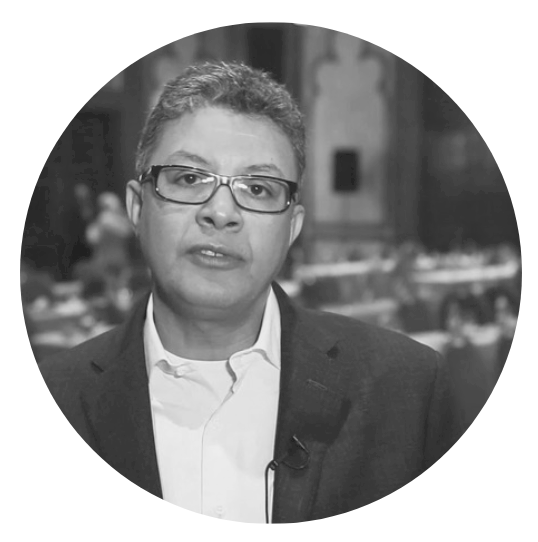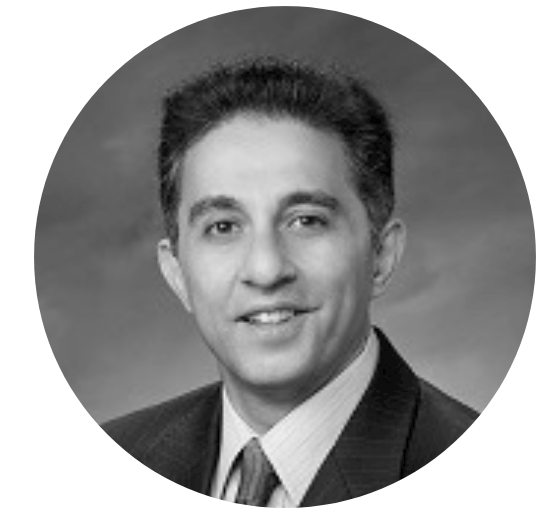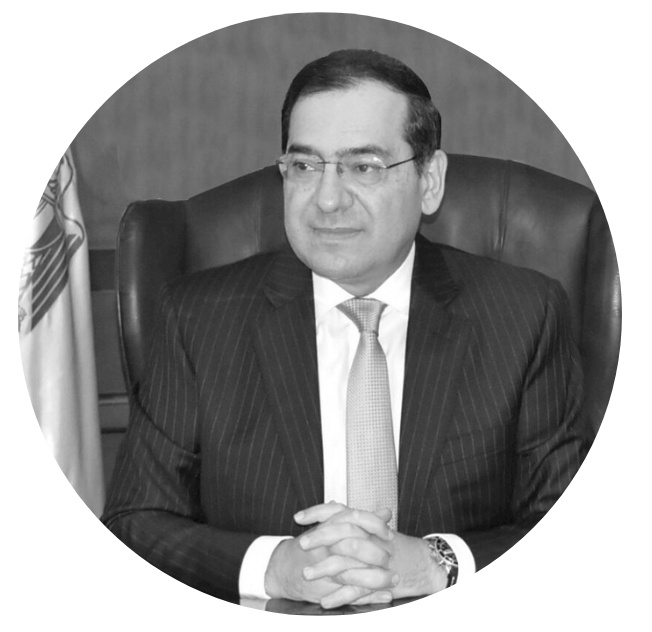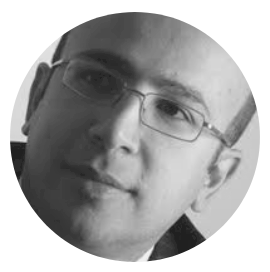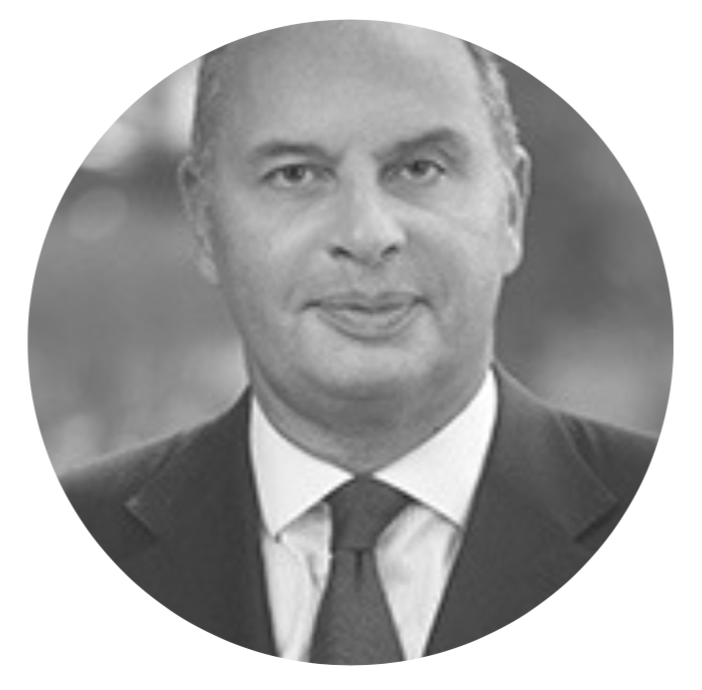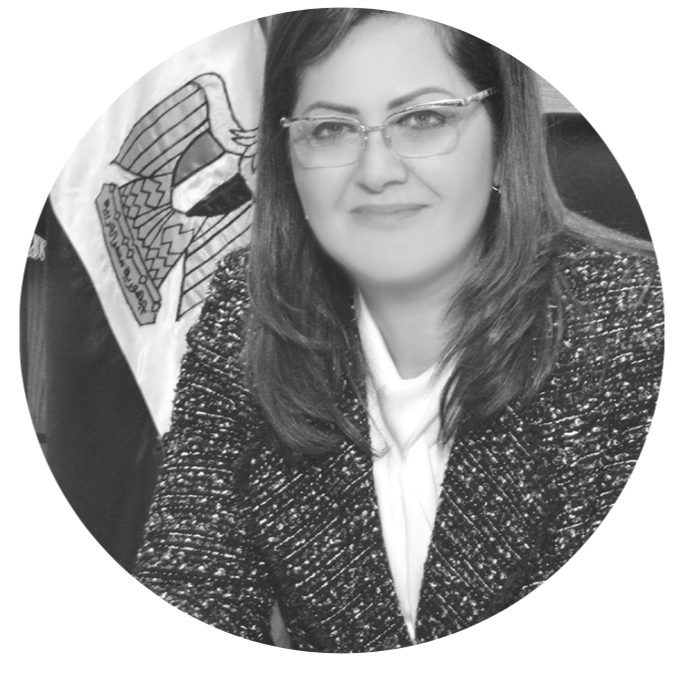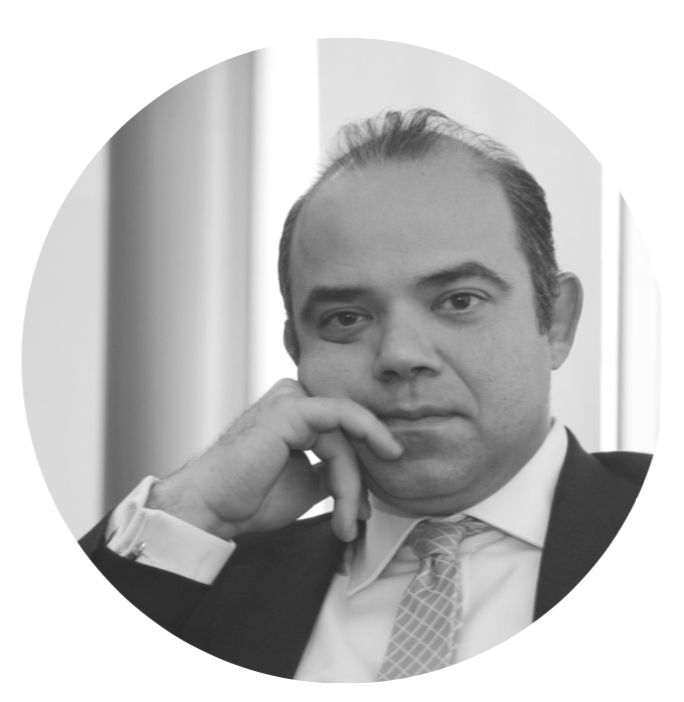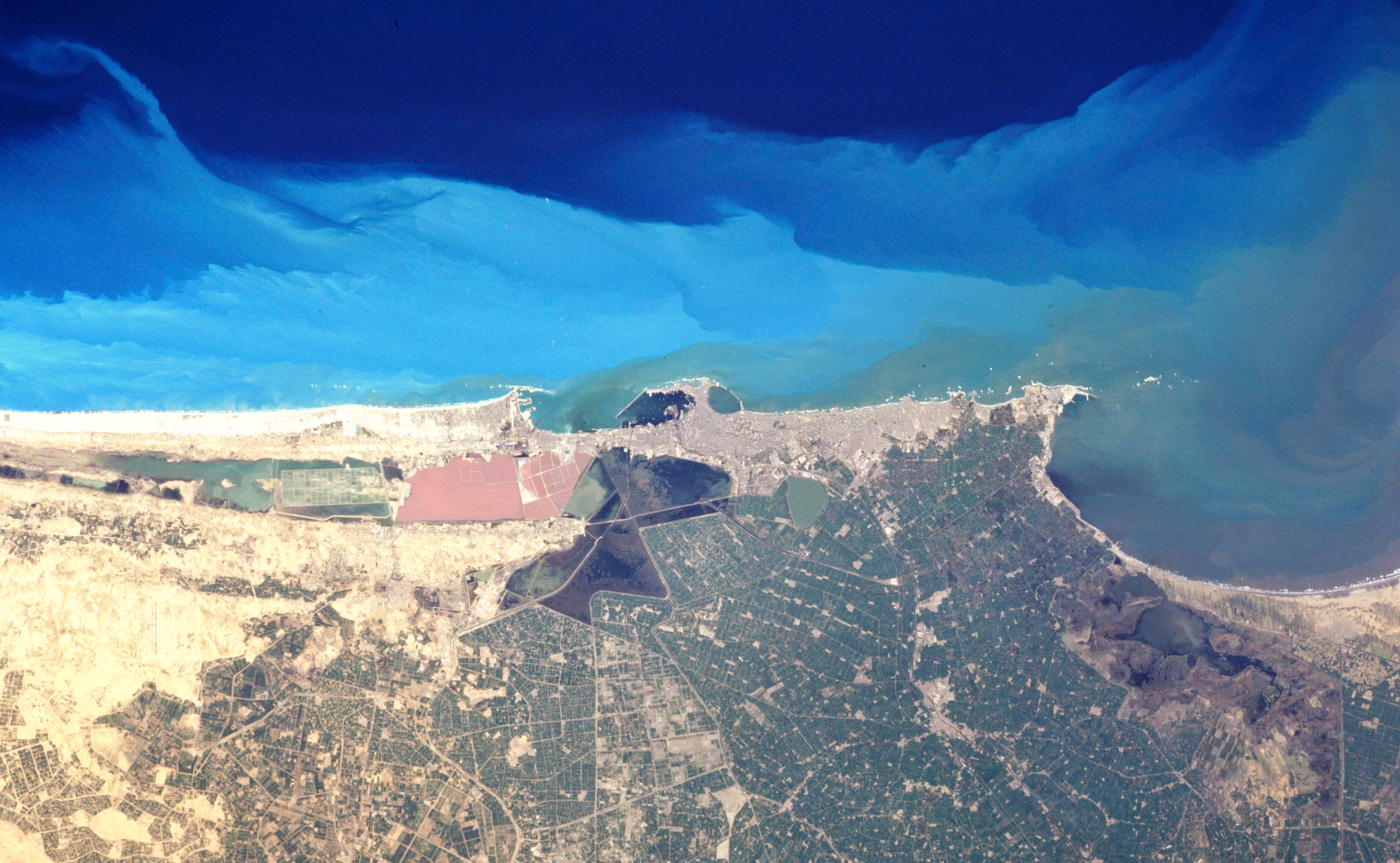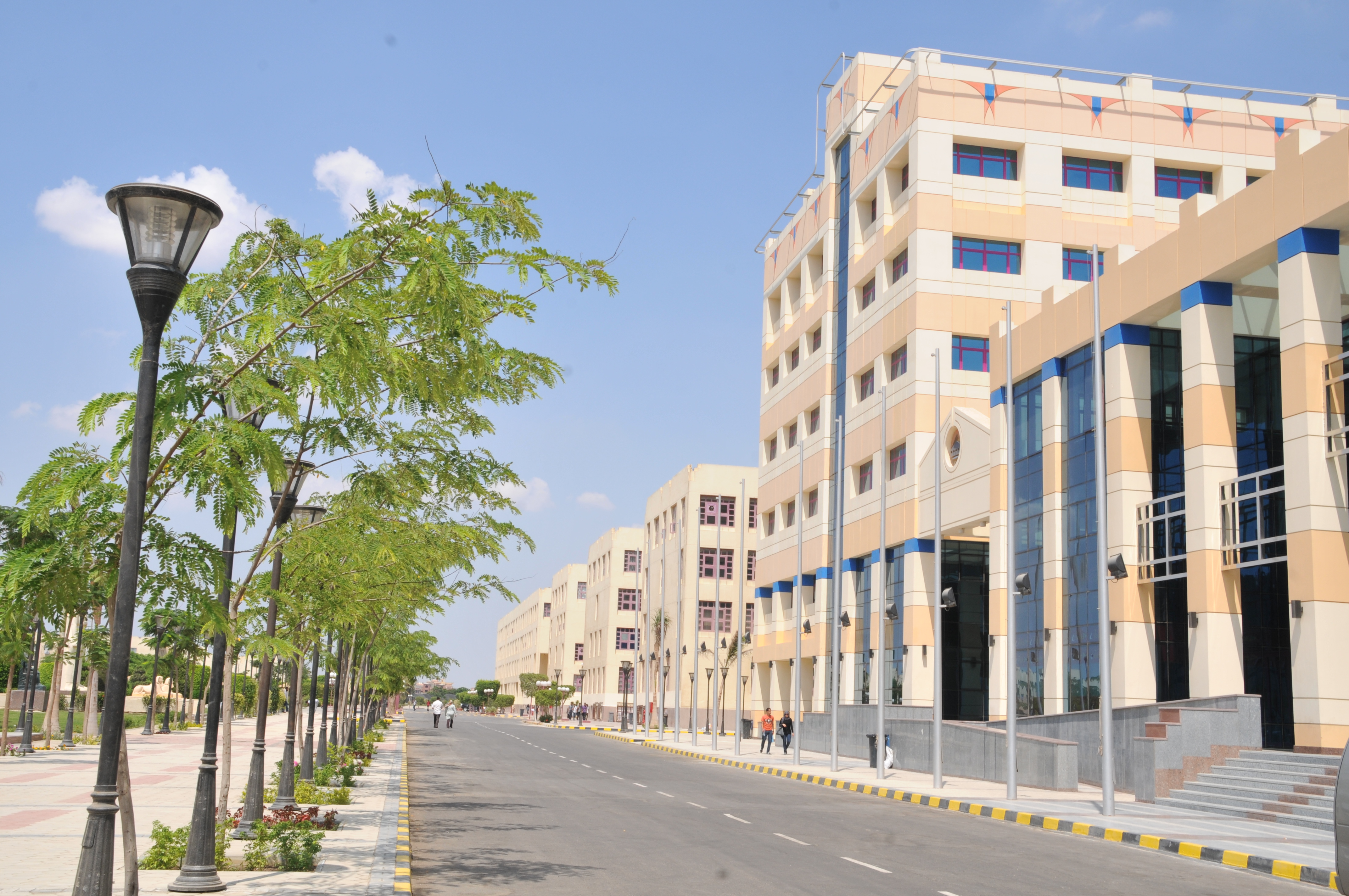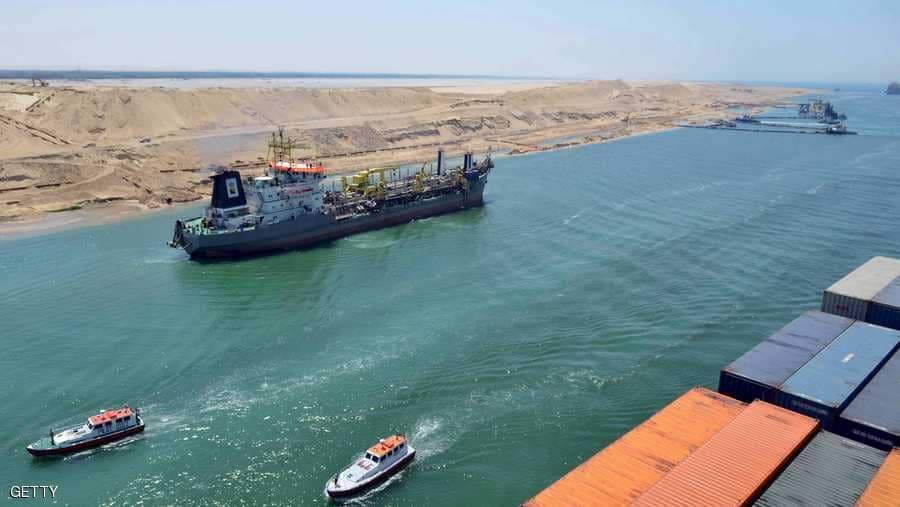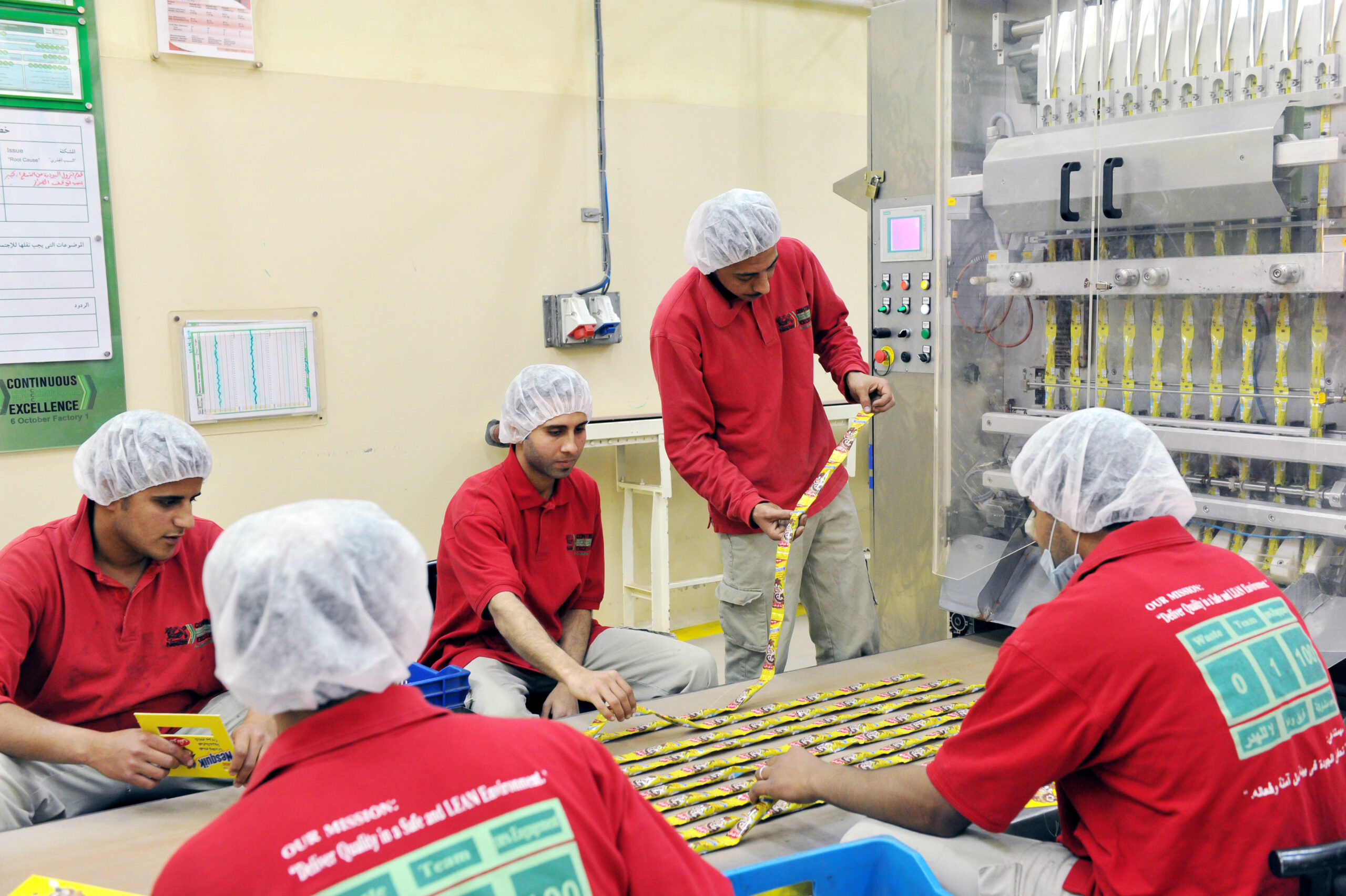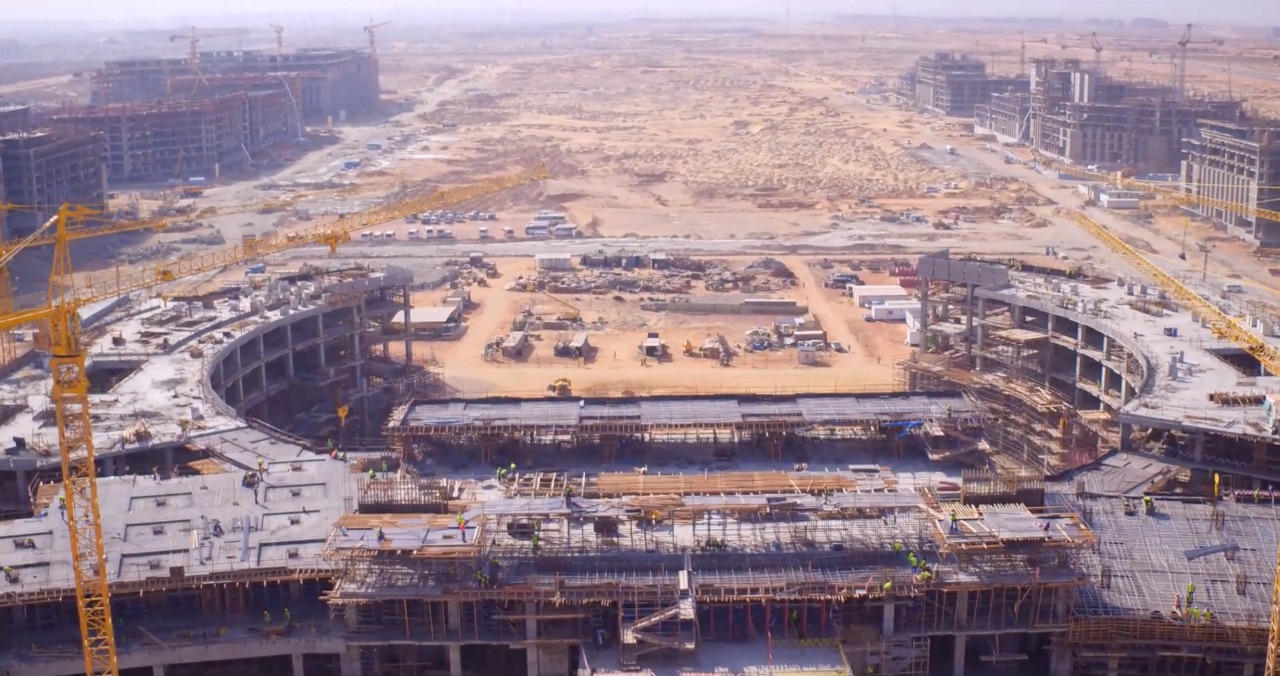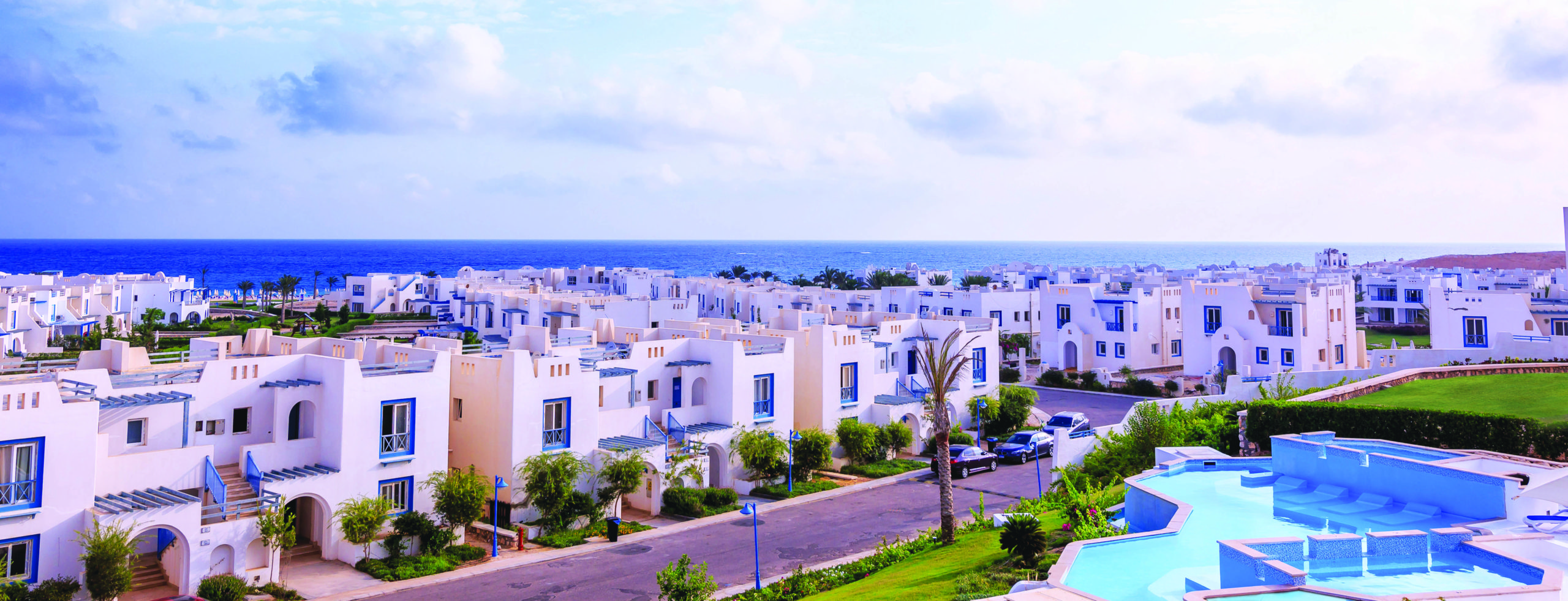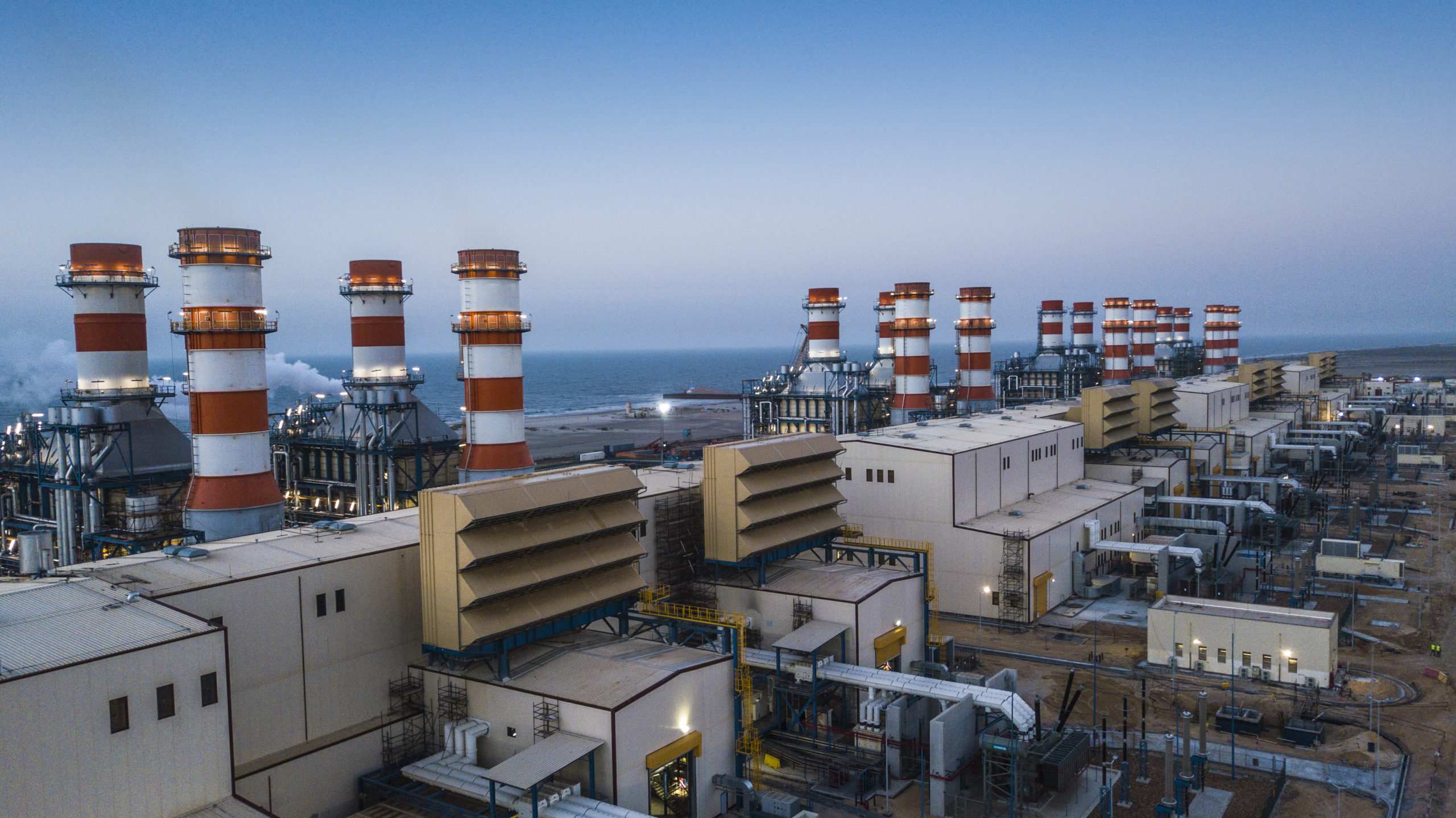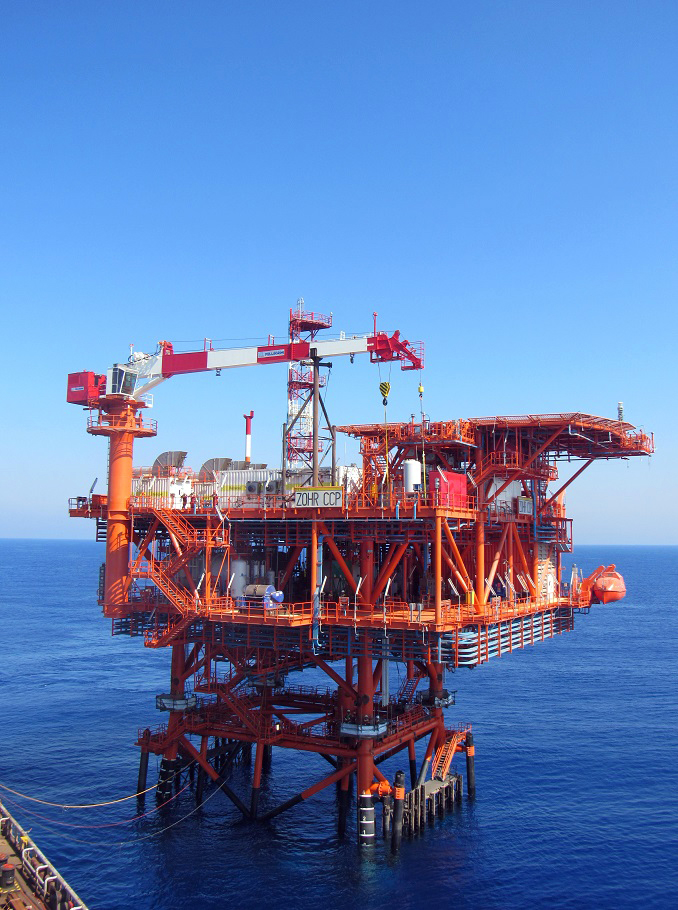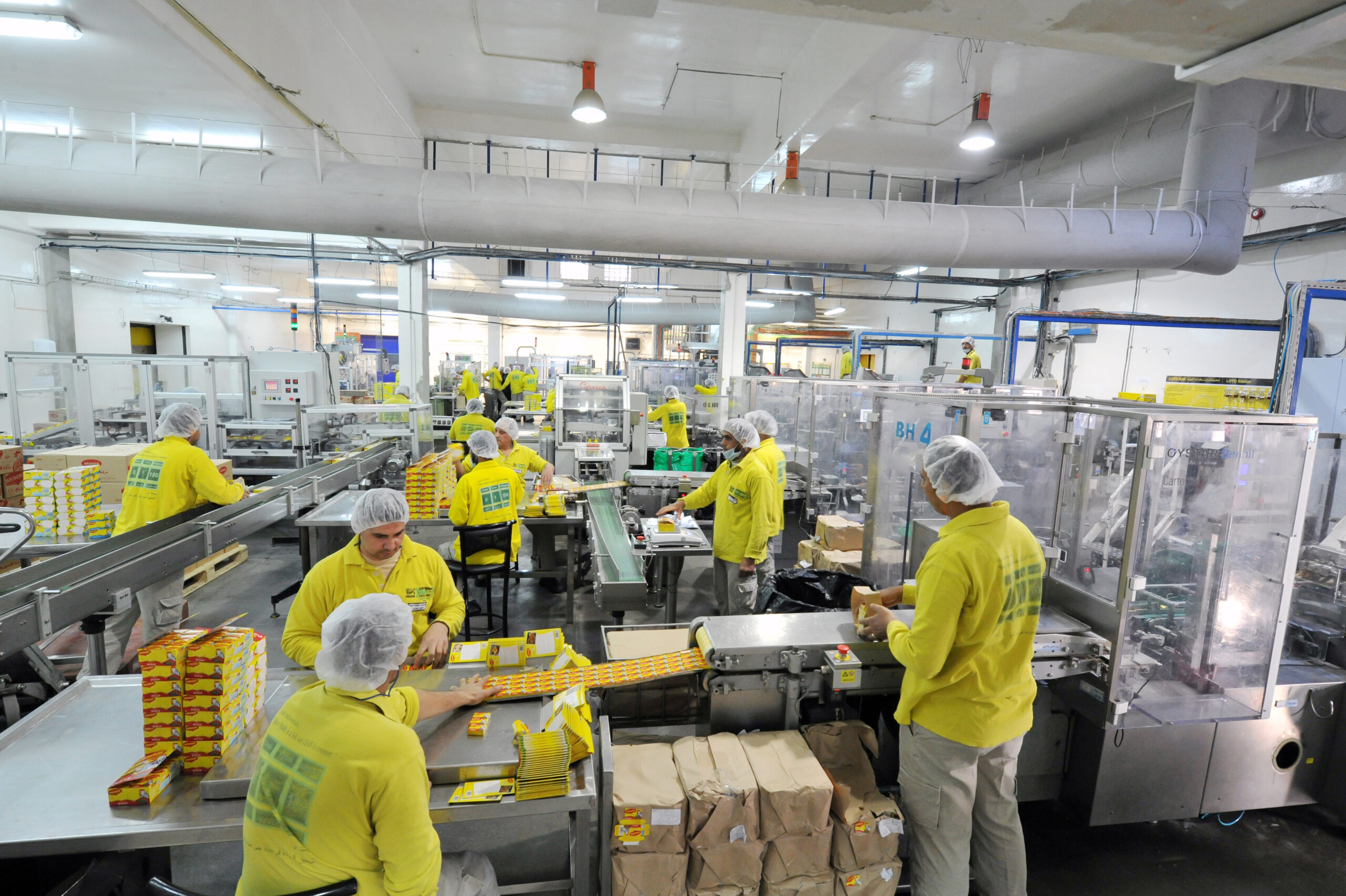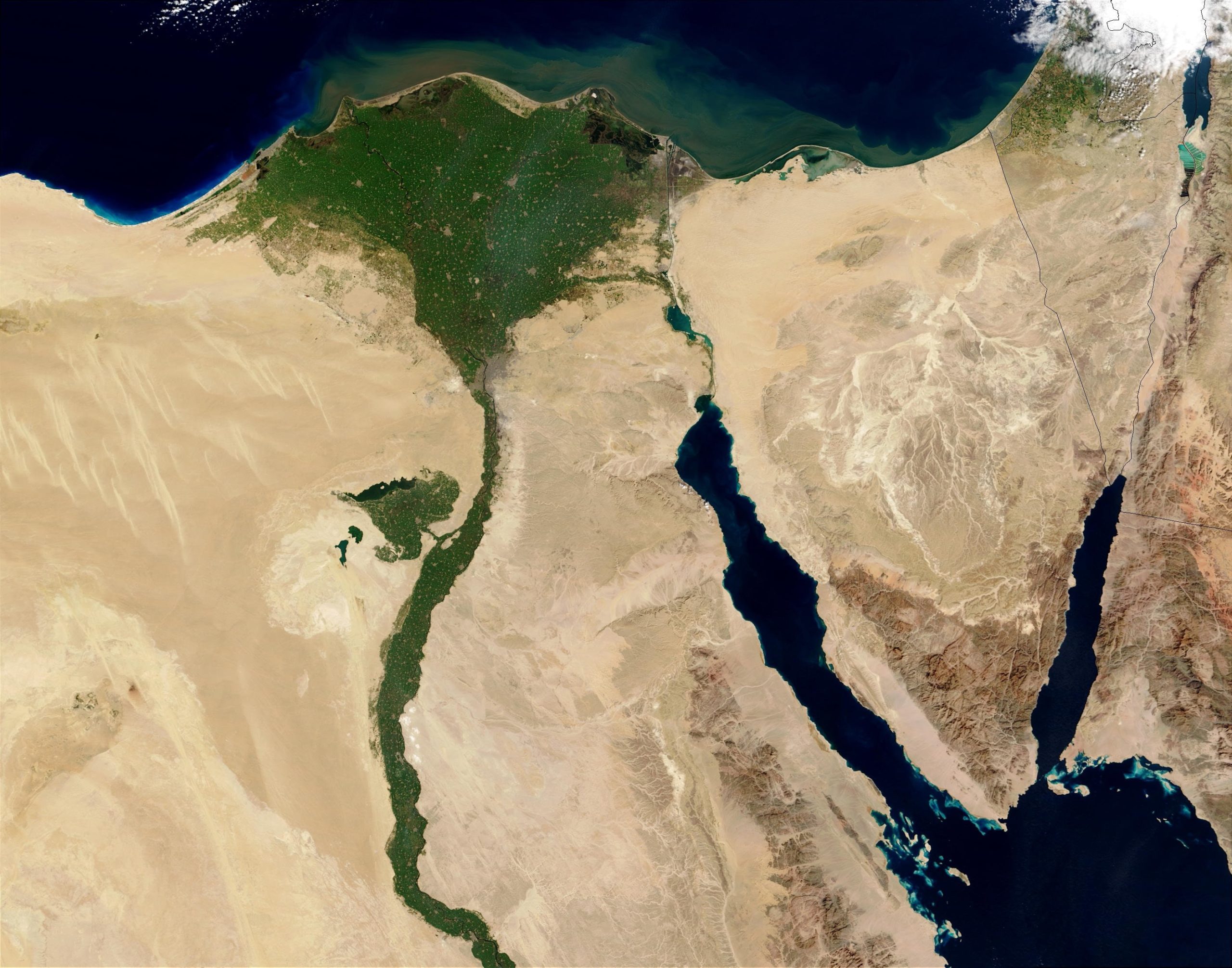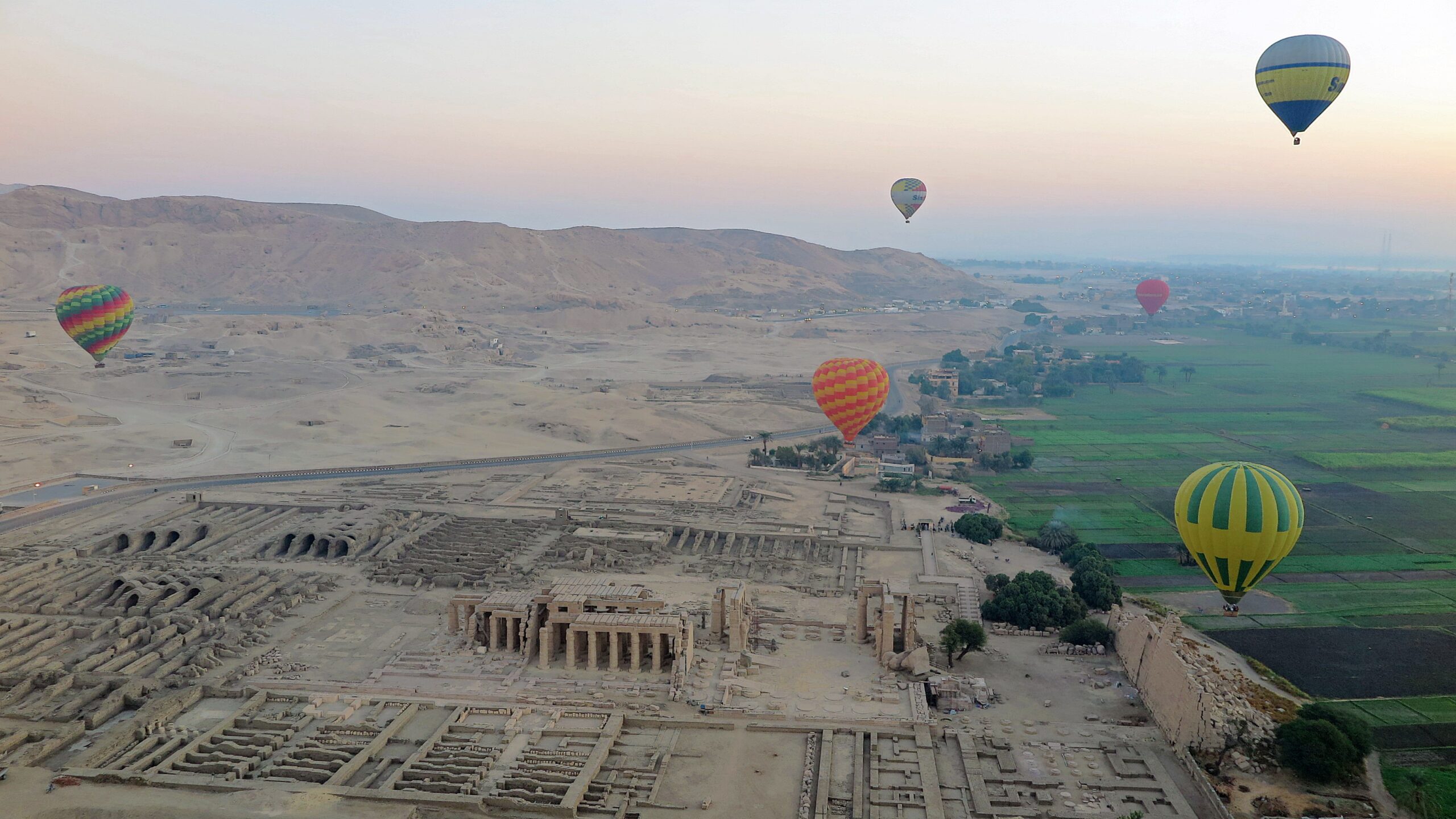Grant Thornton Irish desks across the USA help facilitate the internationalization process
The Republic of Ireland’s commitment to the European Union, ease of business, and reliable tax structure have been core pillars in the country’s ability to attract global financial services firms. Therefore, it is not a surprise Ireland has been the destination of choice for UK-based companies looking to relocate post-Brexit. Nearly 25 percent of all Brexit-related moves have landed in Ireland, equating to over 130 companies moving to the Emerald Isle or increasing their presence in Ireland to retain operations as their main EU hub.
Ireland offers a common language, a single supervisory structure, and already has a well-established footprint as a center for investment funds and other complex financial services. Dublin has allured mega multinational players across asset managers, hedge funds, and private equity firms, including Aberdeen Standard, Bank of America, Barclays, BNY Mellon, Goldman Sachs, Morgan Stanley, and Vanguard, to name a few. Today, Dublin continues to be unsurpassed in its ability to attract global financial services firms.

Michael McAteer, National Managing Partner at Grant Thornton, the fastest growing professional services firm in Ireland, stated, “Now more than ever, when American firms look to Europe, they increasingly choose Ireland, and Dublin in particular as their base. The cultural linkage is closer than with any other EU country, the rules of engagement have settled, the Irish regulator is composed, and companies feel welcome. In addition, the Irish government has consistently been clear on its tax policy outlook over the past 20 years, and such stability is particularly appreciated by corporations making large long-term infrastructure investments. Within financial services, Ireland is also becoming a leader in sustainable finance. Led by financial services seeking to foster ethical investing, sustainability has become more concrete and visible. Other sectors are also growing. Pharmaceutical companies in Ireland are well established, and a new generation of tech FDI is arriving. It is a more human capital-intensive sector than pharma. We increasingly see an acceleration in tech, which requires a virtually unrestricted movement flow of information, and Ireland as a holder of Intellectual Property is becoming prevalent.”
As Irish-American relations grow stronger under President Biden’s administration, so do business ties. McAteer highlighted, “Since Brexit in our world of trade flows, we are seeing engagements with the USA expand. Partner-to-partner discussions revolving around opportunities, clients, and expansion are on the rise. Grant Thornton’s offering to the financial services industry is unique in that our team brings a wide range of experience with backgrounds in banking, insurance, investment markets, regulation, professional practice, and academia. This is along with Grant Thornton’s global reach with a presence in all of the major financial centers, and more than 100 markets around the world. Of all the member firms that we engage with within the Grant Thornton International network, 50% of our total engagement is with the USA.”
Ireland strives to make it easy to do business, and professional service companies take this one step further. Grant Thornton has offices all over the USA, and since 2013 there are ‘Irish desks’ manned by employees from Grant Thornton Ireland in New York and San Francisco.
McAteer concluded, “Our staff meet clients in their offices anywhere in the USA to discuss the benefits of having operations in Ireland. All Grant Thornton offices in the USA know that when clients inquire about Ireland, they can have an Irish representative there the next day to answer any questions and consult in the process – making it that much easier to engage with Ireland.”

